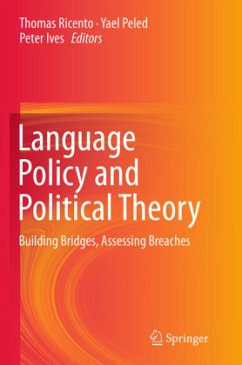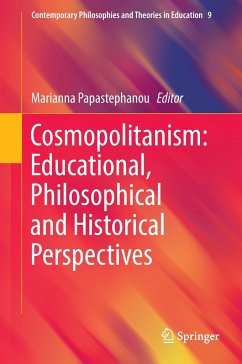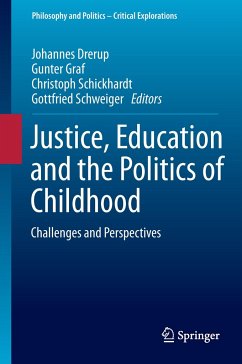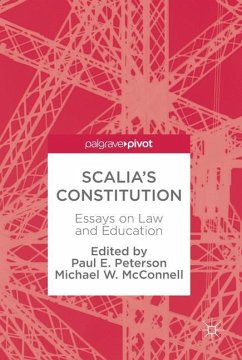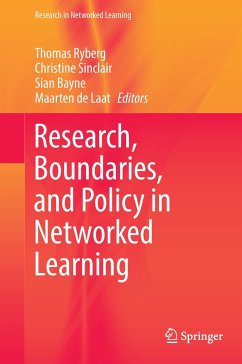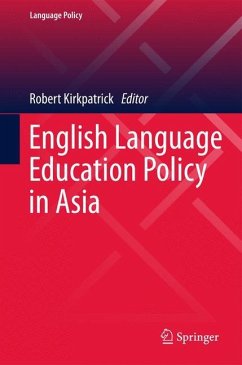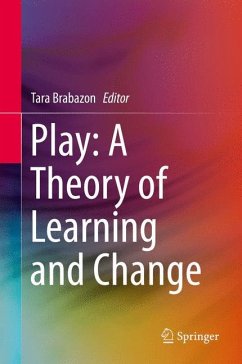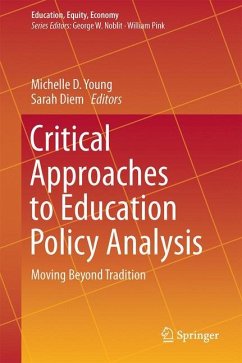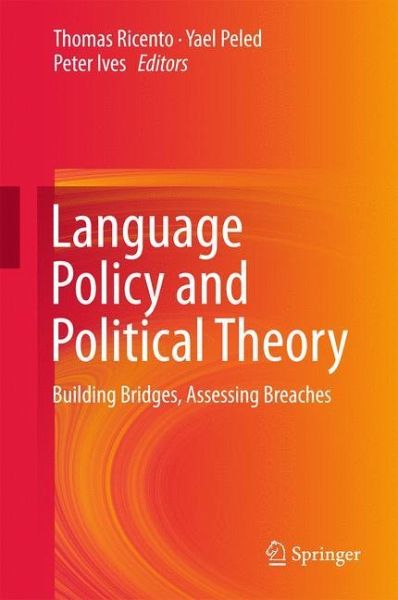
Language Policy and Political Theory
Building Bridges, Assessing Breaches
Herausgegeben: Ricento, Tom; Peled, Yael; Ives, Peter
Versandkostenfrei!
Versandfertig in 6-10 Tagen
38,99 €
inkl. MwSt.

PAYBACK Punkte
19 °P sammeln!
Contemporary debates on immigration, multiculturalism, nationalism, and linguistic rights often find language policy scholars and political philosophers at odds. This book aims to assess the obstacles and build bridges between scholars of language policy and political theory with chapters by Stephen May, Ronald Schmidt, Jr., Daniel Weinstock, Thomas Ricento, Yael Peled and Peter Ives. Along with an introduction by the editors, the chapters map out the contours of the debates and potential contributions that political theory can make to language policy and vice-versa. The book offers an apprais...
Contemporary debates on immigration, multiculturalism, nationalism, and linguistic rights often find language policy scholars and political philosophers at odds. This book aims to assess the obstacles and build bridges between scholars of language policy and political theory with chapters by Stephen May, Ronald Schmidt, Jr., Daniel Weinstock, Thomas Ricento, Yael Peled and Peter Ives. Along with an introduction by the editors, the chapters map out the contours of the debates and potential contributions that political theory can make to language policy and vice-versa. The book offers an appraisal of current research, areas of contestation and a framework for future interdisciplinary inquiry on the complex interface between language, power and ethics. This collection will be useful for scholars from diverse disciplinary perspectives with interests in contemporary societal debates in which language plays an important-even central-role.
Previously published in Language Policy, Volume 13, Issue 4, 2014
Previously published in Language Policy, Volume 13, Issue 4, 2014





